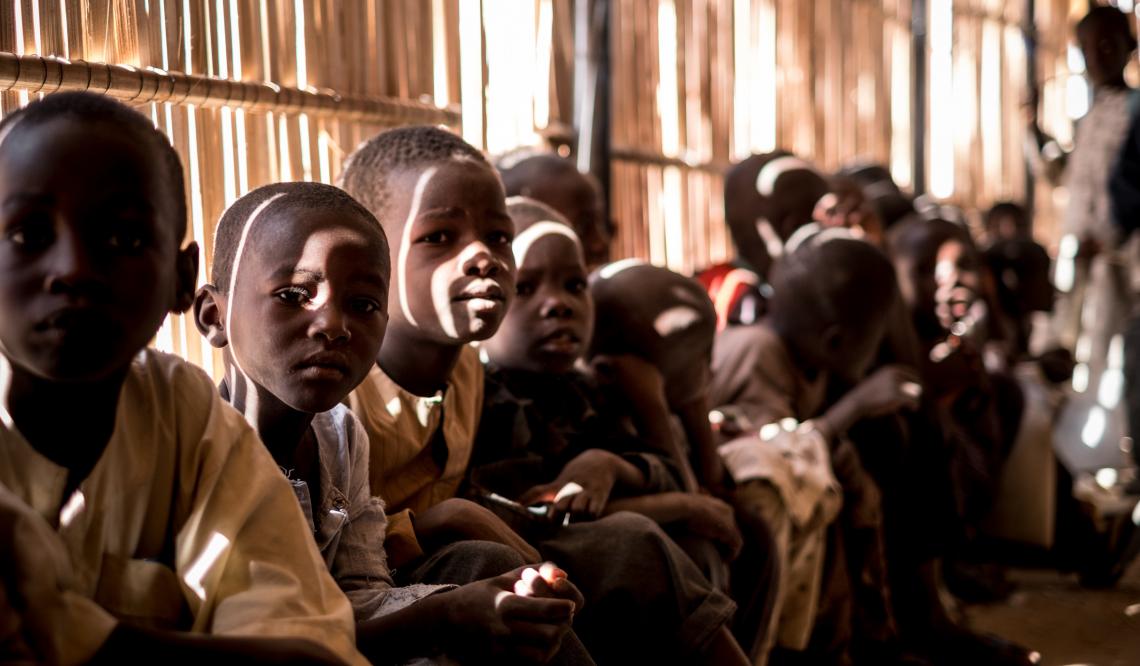‘North has 22% of global out-of-school children’
Educationists and experts have deliberated on empowering communities in educationally disadvantaged regions of northern Nigeria, with a particular emphasis on the northwestern states and Yobe State in the North East at a two-day stakeholders’ workshop. The workshop, convened by Dr Fola Aina, a lecturer at the School of Oriental and African Studies (SOAS), was in […]

Educationists and experts have deliberated on empowering communities in educationally disadvantaged regions of northern Nigeria, with a particular emphasis on the northwestern states and Yobe State in the North East at a two-day stakeholders’ workshop.
The workshop, convened by Dr Fola Aina, a lecturer at the School of Oriental and African Studies (SOAS), was in collaboration with the Department of Political Science and International Studies at Ahmadu Bello University, Zaria.
Themed ‘Empowering Locals through Technological Innovation in Educationally Disadvantaged Communities in Northern Nigeria’, the workshop explored practical ways technology can bridge educational gaps, particularly in conflict-affected areas where children face significant barriers to schooling.
Dr Aina, speaking to participants, explained that the motive for the workshop stemmed from the alarming global statistic of 50 million out-of-school children, with northern Nigeria accounting for a substantial portion of this number.
- Reps urged to review 5% employment reserved for PLWDs
- Cop who allegedly defiled 17-year-old girl at police station remanded
“In Nigeria, we have about 11 million out-of-school children, which represent 22% of the total global figure. Northern Nigeria holds the highest concentration of these children.
“We must bring more attention to this issue and find ways, alongside government and private sector partners, to bridge the gap,” he said.
Responding to concerns about the politicisation of these statistics, Dr Aina acknowledged the possibility of such but stressed the importance of confronting the reality.
“While there may be political agendas surrounding these figures, the truth is, we see children every day who should be in school but are not, often due to insecurity, poverty, and inequality,” he explained.
The workshop also addressed how technology could offer solutions for those unable to access traditional schooling. “By integrating technology into learning, we can bridge the gap for those who are unable to attend school due to safety concerns or geographical isolation,” Dr Aina stated.
Participants also discussed the role of policy and government support in implementing these technological solutions.
The convener also highlighted that governments at all levels must create a conducive environment for such initiatives. “Government policies are crucial to creating an environment where education is accessible, and where parents are held accountable for ensuring their children attend school,” he added.
The workshop also called for increased collaboration between stakeholders to find sustainable solutions to the educational crisis in northern Nigeria.
